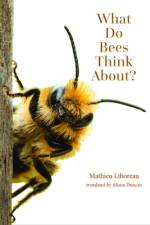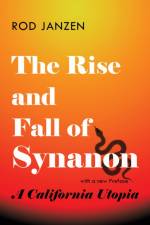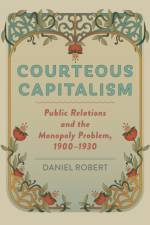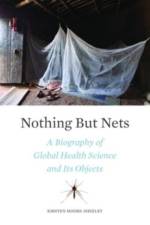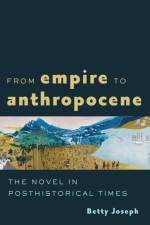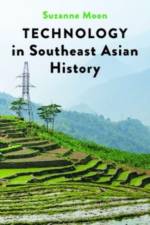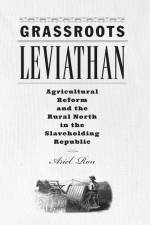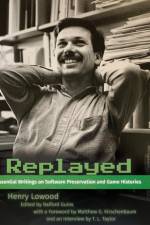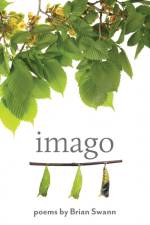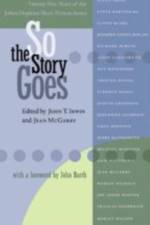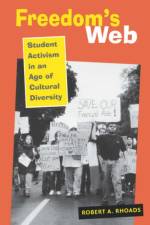von Stephen H. (A.Mecke Co Inc (Amanda Mecke)) Grant
35,00 €
The first biography of Henry and Emily Folger, who acquired the largest and finest collection of Shakespeare in the world.In Collecting Shakespeare, Stephen H. Grant recounts the American success story of Henry and Emily Folger. Shortly after marrying in 1885, the Folgers started buying, cataloging, and storing all manner of items about Shakespeare and his era. Emily earned a master's degree in Shakespeare studies. The frugal couple worked passionately as a tight-knit team during the Gilded Age, financing their hobby with the fortune Henry earned as president of Standard Oil Company of New York, where he was a trusted associate of John D. Rockefeller Sr.While a number of American universities offered to house the collection, the Folgers wanted to give it to the American people. Afraid the price of antiquarian books would soar if their names were revealed, they secretly acquired prime real estate on Capitol Hill near the Library of Congress. They commissioned the design and construction of an elegant building with a reading room, public exhibition hall, and the Elizabethan Theatre. The Folger Shakespeare Library was dedicated on the Bard's birthday on April 23, 1932.The library houses 82 First Folios, 277,000 books, and 60,000 manuscripts. It welcomes more than 100,000 visitors a year and provides professors, scholars, graduate students, and researchers from around the world with access to the collections. It is also a vibrant center in Washington, DC, for cultural programs, including theater, concerts, lectures, and poetry readings. With unprecedented access to the primary sources within the Folger vault, Grant draws on interviews with surviving Folger relatives and visits to 35 related archives in the United States and in Britain to create a portrait of the remarkable couple who ensured that Shakespeare would have a beautiful home in America.


